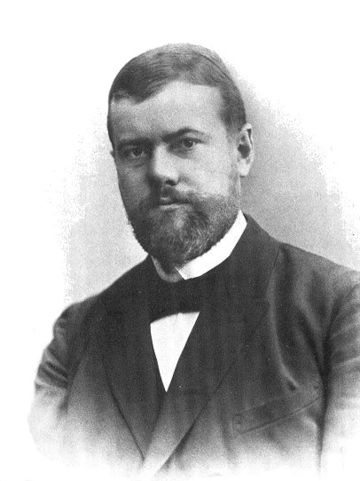There exists a contrast between the ideas and opinions of Marx and Weber, who were both significant contributors to the field of sociology. Their theories on social class and inequality had a profound impact on the development of sociological thought. This article aims to explore the differences between the philosophies of Karl Marx and Max Weber.
Who is Karl Marx?
Karl Marx was a German sociologist, economist, and philosopher born in 1818. He was influenced by Hegelian ideals and took a conflict approach to society. Marx believed that the economy is the most influential social institution, capable of creating and sustaining social stratification. His theory of social class identified two classes: the haves and the have-nots. Marx believed that exploitation exists in every society, with societies transforming themselves through revolution or conflict. He saw this as a mode of production, such as the transformation of a feudal society into an industrial one. In contrast to Max Weber, Marx predicted that there would be a revolution in industrial societies.
Who is Max Weber?
Born in 1864 in Germany, Max Weber saw social class as based on three factors: wealth, power, and prestige. His theory of social stratification was multi-dimensional and went beyond wealth. Weber’s society had multiple layers, which he believed eased tensions between groups such as owners and workers. Unlike Marx, Weber did not predict a revolution in industrial societies, as he saw many layers within a society. Additionally, his philosophy did not include communist revolutions.
Key Takeaways
- Marx’s theory of social class identified only two classes, while Weber’s theory was based on wealth, power, and prestige and included multiple layers within a society.
- Marx believed that societies transform themselves through revolution or conflict, while Weber did not predict any revolutions in industrial societies.
- Marx’s concept of social stratification focused on wealth, while Weber’s theory was multi-dimensional, including factors such as power and prestige.
